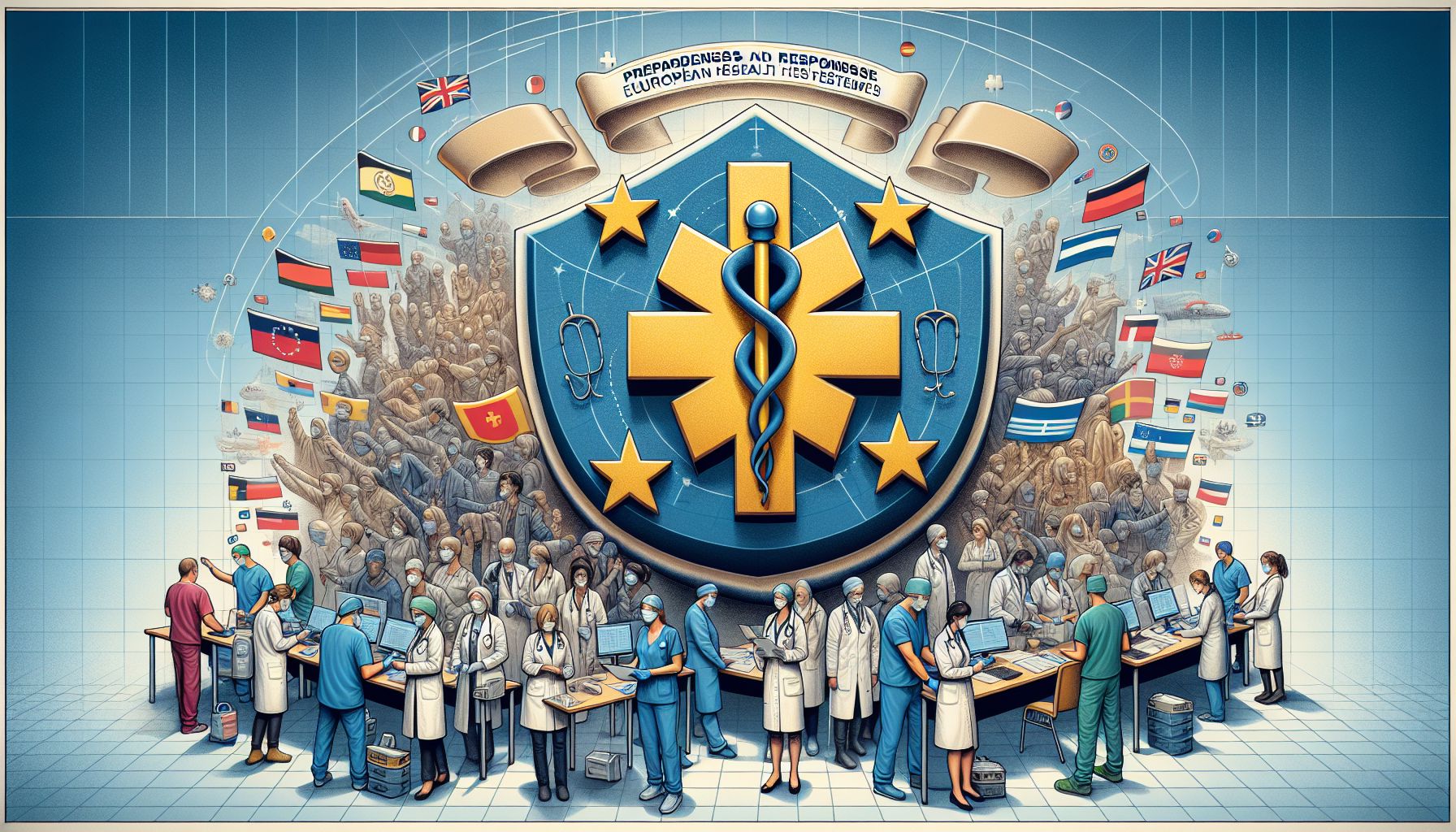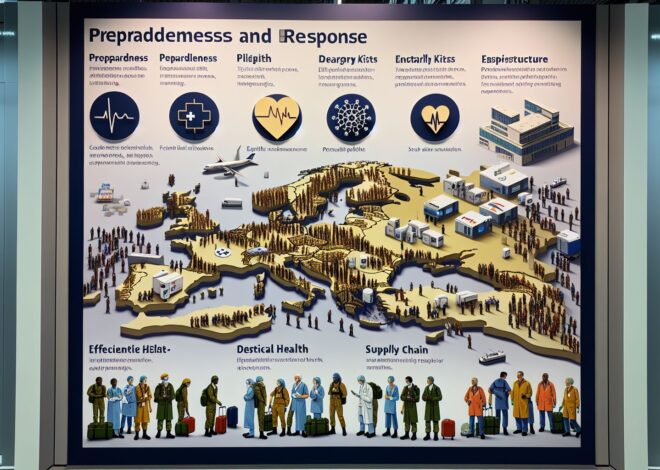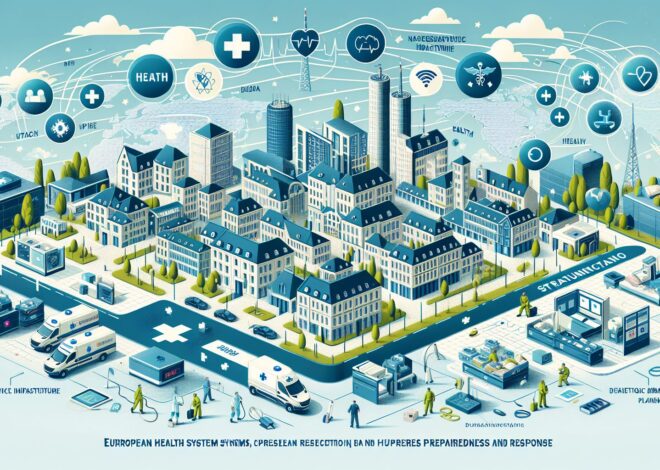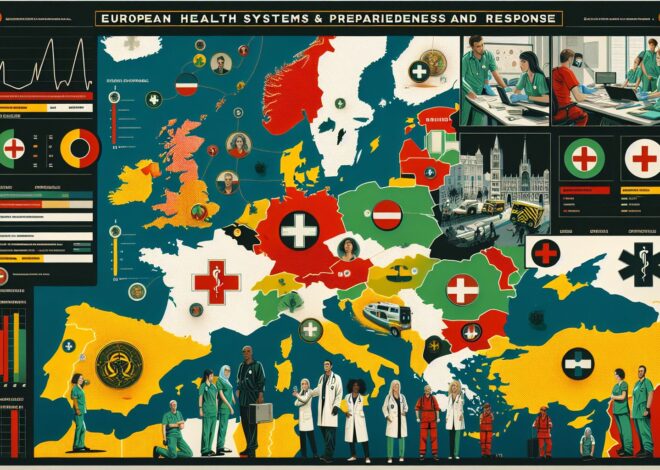
The Preparedness and Response of European Health Systems: A Call to Action
In the wake of the COVID-19 pandemic, the spotlight has been shining brightly on the preparedness and response capabilities of European health systems. Health professionals, policymakers, and concerned citizens alike have been closely monitoring the way in which these systems have been handling the unprecedented challenges presented by the global health crisis.
Preparedness
Preparedness is a key aspect of any healthcare system, especially when faced with a crisis of such magnitude. European health systems have varying degrees of preparedness, with some countries being better equipped than others. Factors such as funding, infrastructure, and access to resources all play a role in determining a system’s preparedness.
For health professionals, being prepared means having the necessary training, knowledge, and equipment to effectively respond to a crisis. It also means being able to adapt quickly to changing circumstances and working collaboratively with other healthcare providers to ensure a coordinated response.
Policymakers have a crucial role to play in ensuring the preparedness of European health systems. This includes making strategic investments in healthcare infrastructure, workforce, and technology, as well as developing and implementing robust emergency response plans.
Concerned citizens can also contribute to preparedness by staying informed, following public health guidelines, and being proactive in seeking medical care when needed. By taking personal responsibility for their health and well-being, individuals can help alleviate the burden on the healthcare system and ensure that resources are available for those who need them most.
Response
The response of European health systems to the COVID-19 pandemic has been both impressive and challenging. Healthcare professionals have demonstrated remarkable resilience, dedication, and selflessness in the face of overwhelming pressure and uncertainty. From frontline workers to public health officials, their tireless efforts have saved countless lives and mitigated the spread of the virus.
Policymakers have also played a pivotal role in the response effort, implementing a range of measures to protect public health and ensure the continuity of essential services. From lockdowns and travel restrictions to healthcare reforms and financial support for struggling industries, their decisions have had far-reaching implications for society as a whole.
Despite these efforts, there have been shortcomings in the response of European health systems to the pandemic. Issues such as inadequate testing capacity, insufficient personal protective equipment, and overwhelmed healthcare facilities have highlighted the need for greater preparedness in the face of future crises.
A Call to Action
As we move forward from the COVID-19 pandemic, it is crucial that we learn from our experiences and take steps to enhance the preparedness and response capabilities of European health systems. This requires a collective effort from health professionals, policymakers, and concerned citizens to address the gaps and weaknesses that have been exposed by the crisis.
Health professionals must continue to prioritize their training and development, ensuring that they are equipped to handle emergencies with skill and confidence. Policymakers must invest in healthcare infrastructure and workforce capacity, as well as develop comprehensive emergency response plans that can be activated quickly and effectively.
Concerned citizens can also play a role by advocating for a stronger healthcare system, supporting public health initiatives, and engaging in responsible health practices. By working together, we can build a more resilient and sustainable healthcare system that is better prepared to face the challenges of the future.
In conclusion, the preparedness and response of European health systems to the COVID-19 pandemic have been both a testament to human ingenuity and a stark reminder of our vulnerabilities. By taking proactive steps to address the shortcomings that have been revealed by the crisis, we can create a healthier, more resilient society for generations to come. Let us seize this opportunity to build a better future for all.



